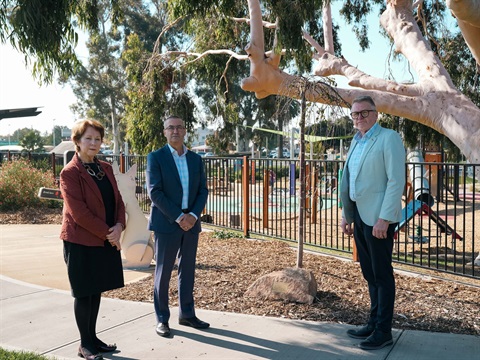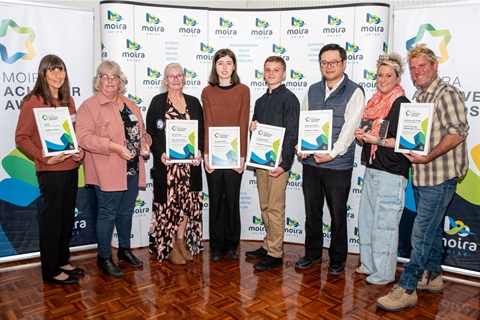
In this year’s Christmas Appeal, the Heart Foundation is highlighting the value of research into improving treatment for those who have had a heart attack. Around 20 Australians die from heart attack every day (a heart attack happens when an artery supplying blood to the heart gets blocked by a clot). Many deaths could be prevented with better treatments in the initial stages of a heart attack.
National Heart Foundation Group CEO, Adjunct Professor John Kelly AM, said that supporting research is the key to fighting heart disease, including heart attack.
“A fine example is the work being done by Heart Foundation Vanguard grant recipient Professor Kaz Negishi, who is investigating a new technique to improve the emergency response to a heart attack.”
The priority during a heart attack is to restore blood flow to the heart muscle quickly. The recommended treatment in most heart attack cases is to insert a stent to reopen the blocked blood vessel, but only if it can be performed within 90 minutes of first medical contact.
In Australia, many people live too far from a centre that can perform stent therapy. Instead, they usually receive “fibrinolysis”, where drugs are injected to dissolve blood clots. A limitation of this type of therapy is that fibrinolysis doesn’t restore blood flow in all patients who receive it.
Professor Negishi is setting up clinical trials to determine if a new technique will make fibrinolysis work better. “Contrast agents” are injected into the bloodstream alongside the fibrinolysis drugs and travel to the blood clot. Ultrasound is then used to vibrate the contrast agents, causing expansion of microbubbles, which is thought to help break up the clot and enable the fibrinolysis medicines to work more effectively.
Scott Umback’s wife Katrina said that Scott had experienced chest pain previously but was doing everything his local doctors advised. His blood pressure and cholesterol were fine. But a week before his scheduled appointment for a CT scan in Melbourne he found himself in an ambulance on the way to the local hospital, again with chest pain.
“Scott urgently needed treatment in Melbourne and a plane was on its way, but it was too late. Before it got to us, Scott went into cardiac arrest and died.”
“Any emergency treatment that could improve the survival rate for people like us who live far from specialist care would be a great comfort.”
Professor Kelly said, “Professor Negishi’s research could eventually lead to more people like Scott surviving a heart attack. It could prove particularly important for rural and regional Australians.”
Research funded by the Heart Foundation has helped to make significant advances in the prevention, diagnosis and treatment of heart disease over the past 60 years – including the invention of the pacemaker, the setting up of coronary care units, better cardiac rehabilitation, and more effective treatments for high blood pressure and cholesterol.
You can donate to the Heart Foundation Christmas Appeal to help fund vital heart research. Please visit heartfoundation.org.au/christmas-appeal.






